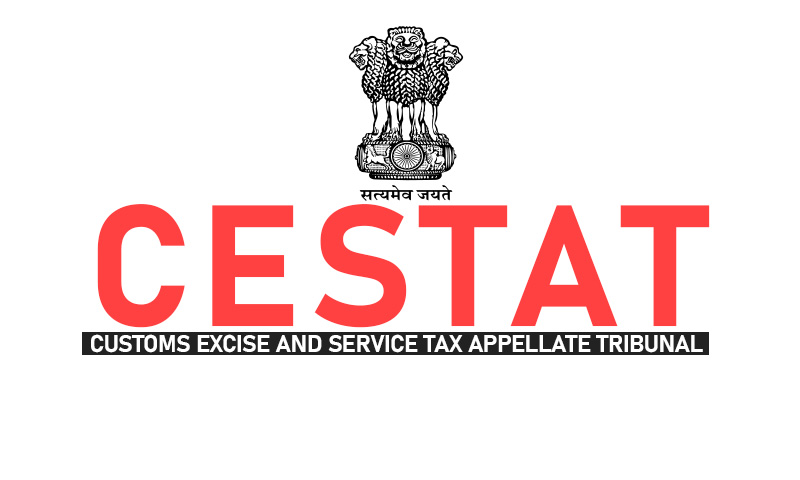The Chennai Bench of Customs, Excise, and Service Tax Appellate Tribunal (CESTAT) has held that the Free Trade Area (FTA) benefit is available on the import of clear float glass (CFG) from Malaysia, and the assessee is eligible for Basic Custom Duty (BCD) exemption.The bench of Sulekha Beevi C.S. (Judicial Member) and Vasa Seshagiri Rao (Technical Member) has observed that the CFG is...

